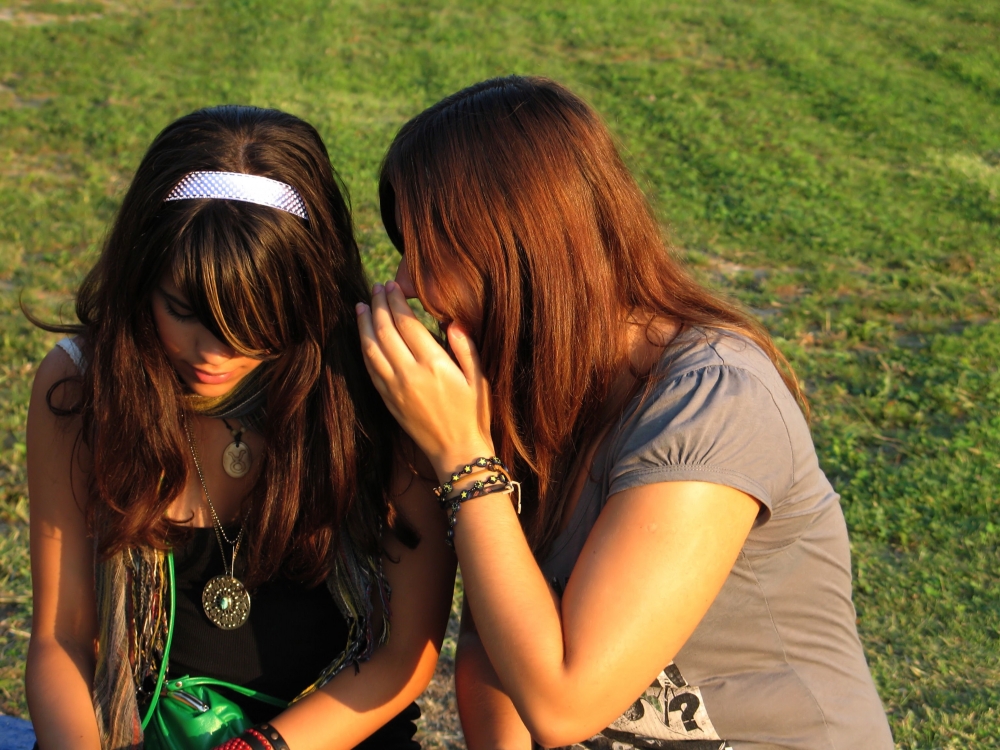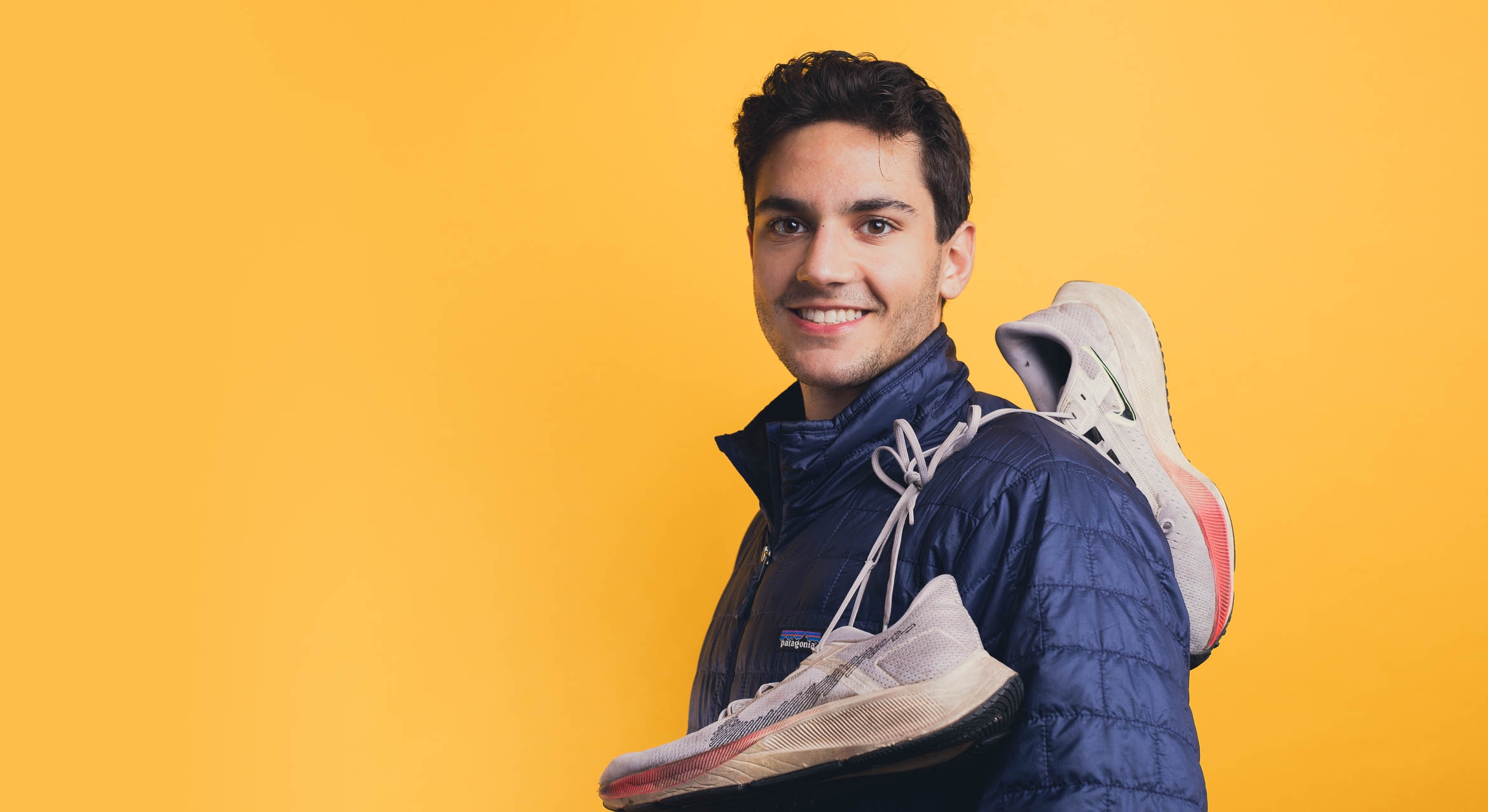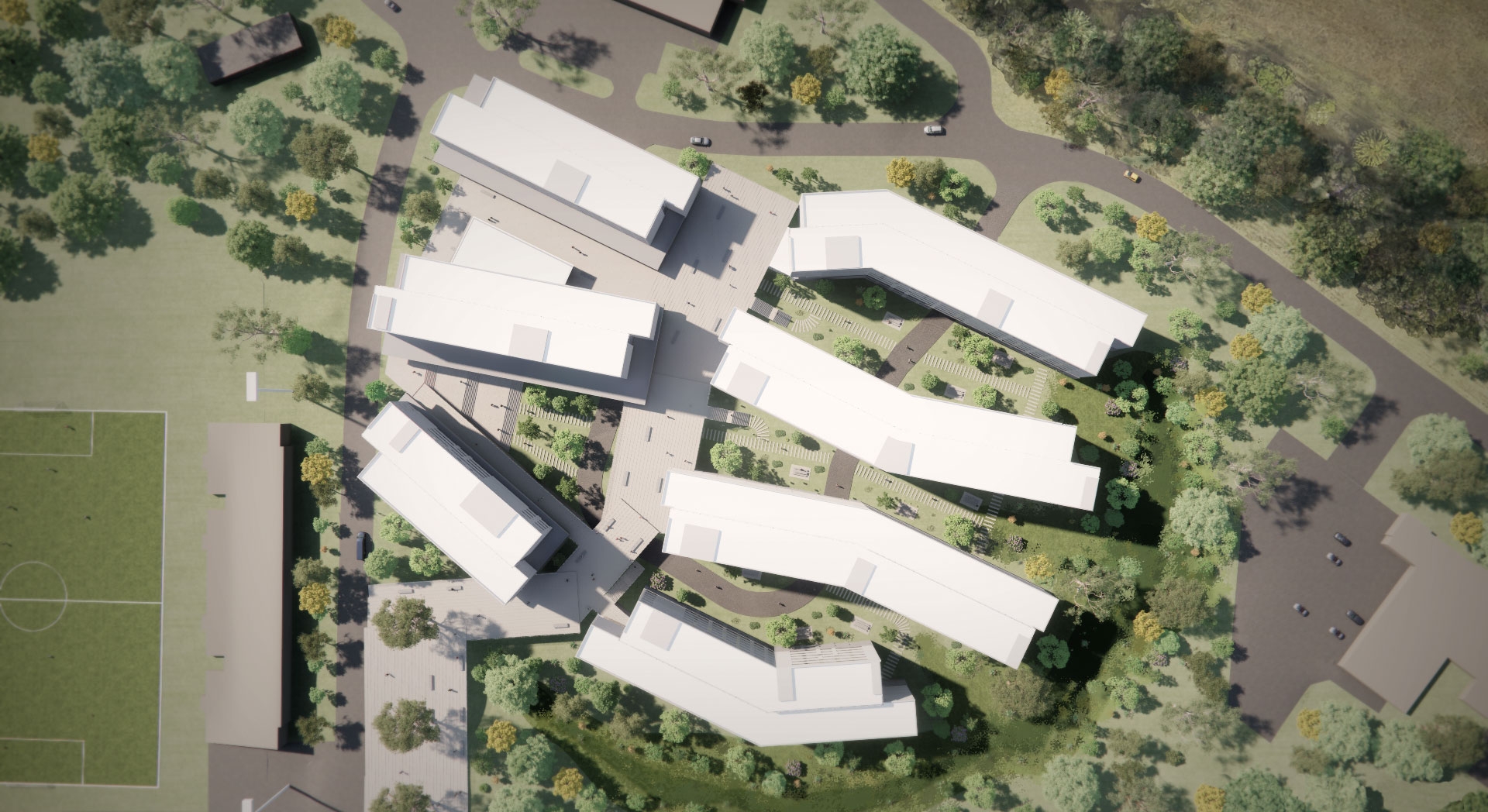
Gevirtz + High School Mental Health
CCSP, SMHS, WCR, SEHS-S, CCR. Too often a flurry of acronyms can obscure the important shape of program building to which the acronyms refer. That’s why it’s important to stop and understand what the Department of Counseling, Clinical, and School Psychology (CCSP) at UC Santa Barbara is accomplishing at San Marcos High School (SMHS). CCSP has completed a mental health screenings of the entire student body, something that might happen at just a handful of schools nationwide, according to Erin Dowdy of the campus’s Gevirtz Graduate School of Education. Through a series of research, screening, and intervention projects, several faculty members and their graduate students have developed a unified approach to examine and improve students’ social-emotional health.
This response is summed up by WCR — Watch, Care, Respond.
WATCH
As a recent article by Dowdy, an associate professor of education, and others puts it, “Universal screening is a contemporary, alternative approach to collecting data that are easily incorporated into existing population-based, multitiered service delivery frameworks. In this approach, all students are screened and provided with the same opportunity for potential early identification and service provision…. Universal screening is an essential first step to mobilize school-level resources while also identifying which students might benefit from preventive, early intervention, or promotive services.”
Michael Furlong, a professor of education at UCSB, developed the Social Emotional Health Survey-Secondary (SEHS-S), the screening measure used at the high school that fosters the complete social — emotional health of all students. The research supporting the SEHS-S is so compelling that Furlong will be giving an invited National Association of School Psychologists conference distinguished lecture on the subject in Florida in February. The survey asks questions about emotional competence, engaged living, belief-in-self, and belief-in-others to determine a student’s overall psychological wellbeing.
1900 students at San Marcos High School completed the survey.
CARE
“Once all students had been screened and the data were processed, we ran analyses to determine groups of students considered to be in need of support services, which could come in a whole host of ways,” said Katie Carnazzo and Oscar Widales, the UCSB graduate students who oversaw this portion of the process. “Depending on the concern, they might be referred for counseling, recommended to join a skills group, invited to a mentoring program, among other interventions.”
Unlike typical school psychology approaches, what the Gevirtz School brought to SMHS was a strength-based approach and not just ways to deal with the most troubled students.
RESPOND
A large portion of that response came in the form of the Check, Connect, and Respect (CCR) program. Graduate student Rachel Stein oversaw the CCR program that matches UCSB advanced undergraduate and beginning graduate students with SMHS students in order to promote academic and school engagement. Stein, says, “This year we have 18 UCSB students involved and we hope to serve over 50 high school students.”
“Most schools only look for risk factors,” noted Jill Sharkey, a lecturer in the Gevirtz Graduate School of Education, points out. “So we did get calls from parents asking, ‘Why did my daughter get referred to a counselor?’ We’re finding kids who may be struggling and hiding it well, perhaps having issues of anxiety or low self-esteem. Eventually the parent in this situation admits, ‘Well, my daughter is stressed out about her AP class.’”
At the basic level, the interconnecting work at San Marcos is all about turning around a person who might claim, “I don’t feel good,” by asking him or her, “So, you’d like to feel better?” In that way a student can’t focus on the negative or blame but instead on skill building.
“San Marcos High School’s collaboration with UCSB Counseling, Clinical, & School Psychology has made a hugely positive difference and impact for our students and staff,” said Ed Behrens, San Marcos’ Principal. “We have been able to identify and prioritize students in need of intervention and provide them assistance that otherwise may have been missed. Our staff and students see that students’ social and emotional needs are being prioritized and addressed. We value our collaboration and have learned a great deal from the professional and thoughtful partnership we have been so fortunate to create.”



